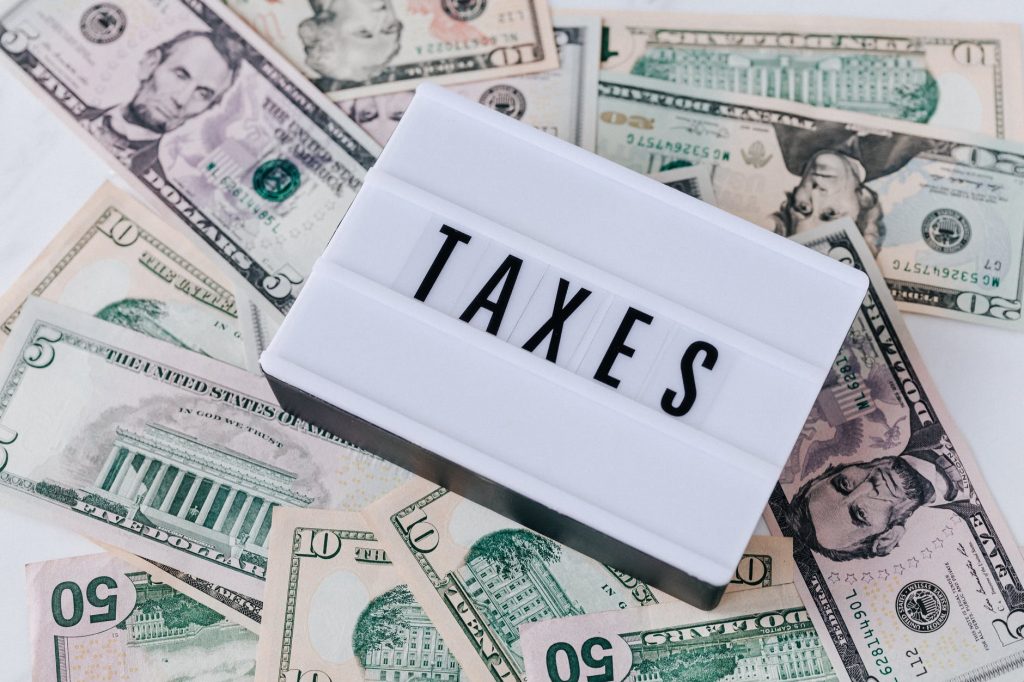Money problems are always at the forefront of everyone’s mind. It’s one of the leading causes of anxiety and depression, if even not directly. And like every problem, it needs to be managed.
Luckily, we live in a world where there are in fact options if you find yourself struggling. These common financial problems do have solutions, but you will need to work at them and keep on top of them. Read our guide to understanding your financial problems and what can be done about it.
Extending your mortgage borrowing power
If you’re in a position where you can finally think about buying your first home and stop renting, you will be looking for every way possible to extend your borrowing power or to keep your mortgage repayments low. You don’t want to be shopping around for your forever home only to fall in love with a house that is just beyond your budget. It’s a crushing feeling.
Instead, there are a few things you can do to make your mortgage as manageable as possible. For one thing, you’d better get rid of any debt you have. Your bank is going to look at your debt-to-income ratio first and is going to judge how much of a risk you are based on the minimum amount you are putting towards repaying your debt.
As counterproductive as this is going to sound, you need to pay more. Paying off more than the minimum debt will allow you to clear it faster and therefore avoid some hefty insurance hikes.
The next thing your lender is going to look at is your income, so make sure you show them as much as possible. If you have income earned from a rental property or investments, money earned from alimony, child support or a side business or part time job, you should tell them. It will convince them that you can in fact afford a bigger loan and have the money to pay it back. If you have any assets, mention that too. Although it’s not considered income, it will assure lenders that you have a backup plan, should something fall through.
Also, think about your deposit. If you have the money available, remember that the more you pay up front, the less you will pay in your monthly repayments. If you can afford more than 20% you should pay it. A deposit of 20% or more will allow you to forgo the Private Mortgage Insurance that will be automatically added to your monthly repayments. It is designed to protect the lender if you were to stop paying your mortgage, but with a big enough deposit, your lender will be convinced that you don’t need it.
Utility bills through the roof
There is a great surge of technology taking over homes and cities, and it’s called smart technology. Self-Monitoring Analysis and Reporting Technology, or smart tech, is distinguished by its analysis of a situation and ability to report to a smartphone, usually. They have a range of applications around the home. The most common you’ll have heard of would be Alexa, and other home assistants, which are constantly assessing the situation in the home and control other smart tech applications around the home.
And because this tech is hitting the shelves around the time of a climate crisis, a lot of them are designed to be energy efficient. For example, you can buy a smart thermostat and have it keep the temperature of your home stable, turning off when you need it to and controlling it from your smart phone.
There is also LED lighting kids, which offer a better energy alternative bulb, but also the ability to dim and change the color of your light, again from your phone. And you can invest in some smart plugs, which fit into your socket and will cut off power to all your devices set by a timer, so there is no more unused power going into standby devices.
All of these options will allow you to monitor and use less energy, which in turn will make you spend less money every month on utility bills. Smart tech is applied into almost every appliance, each with their own energy-saving tech, so if you’re interested you can look into smart boilers, smart cookers, smart kettles, and everything else.
Saving for a deposit
If you’re having trouble gaining a deposit for a home, there are some things you can do, but they mainly come down to changing your spending habits.
Or even other bad habits. How much is that pack of cigarettes costing you? $7 roughly? If we’re being generous, half a pack a day would see you out of pocket by $196 a month. A few more months and you might have enough for a rent deposit.
If you don’t smoke, consider that weekly bottle of wine or pack of beer. If saving feels more like a positive move, the win-win feeling of quitting a bad habit might help you to feel like you’re investing in something.
If you have a habit of overspending, think about it. Really. Make a habit out of putting whatever you want in the moment back on the shelf. If you find that you have forgotten about it the next day, you really didn’t need it.
Take a look at your budget and compare it with what your bank statements are saying. Is there anything in there that you don’t actually need? Any magazine subscriptions or streaming services you don’t use? Consider cancelling them.
But the important point to all these little changes is to not just cancel and do without. Nonsmokers aren’t putting away $196 a month. They’re getting spent on other things. Take the extra step and set up a direct debit for each of these things. Cancel your Netflix subscription and instead send $7.99 a month to your savings account. It’s one thing to avoid spending the money, it’s another to set it aside and not touch it.

